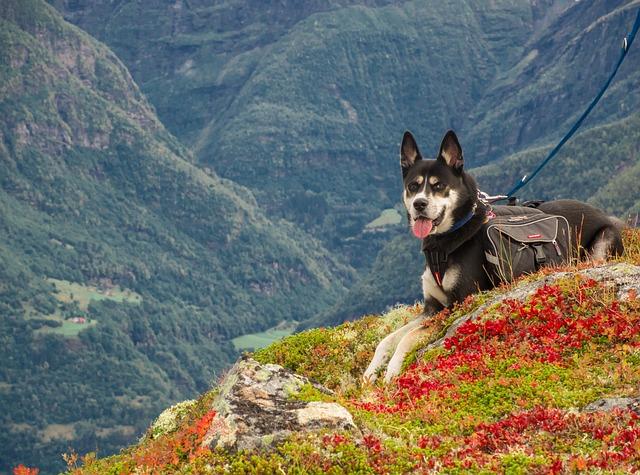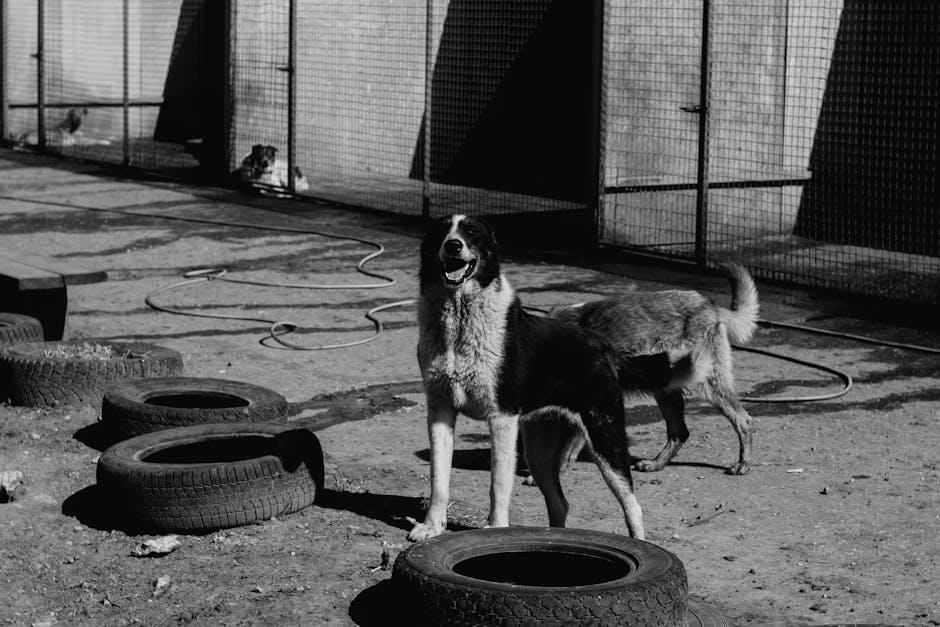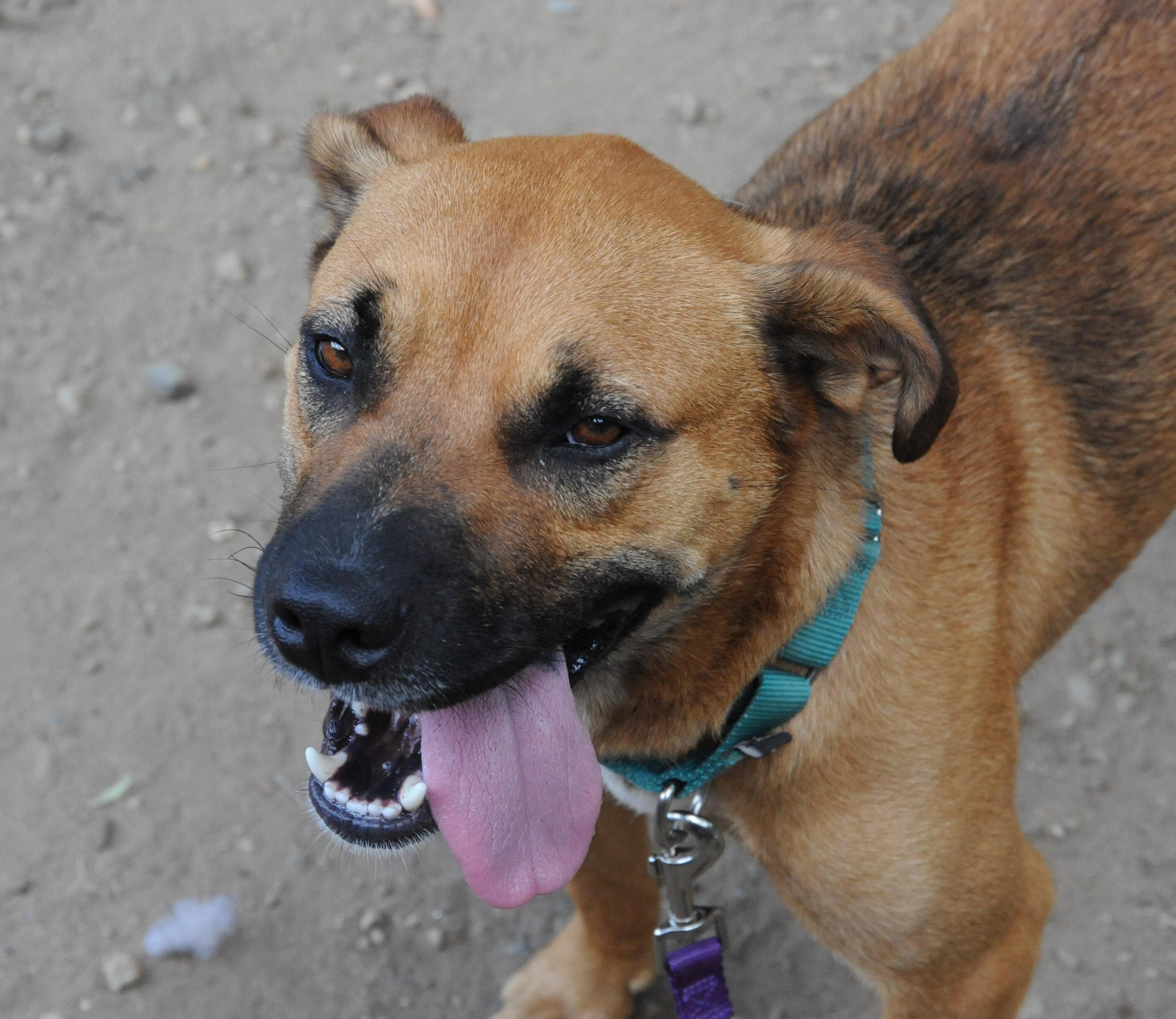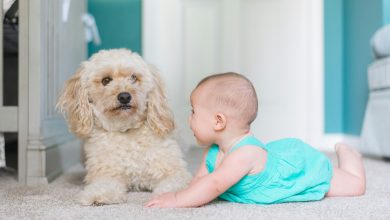Should Rescue Dogs Be Socialized Immediately After Adoption

In the heartwarming journey of welcoming a rescue dog into a new home, one pivotal question often arises: should these four-legged companions be socialized immediately after adoption? This query weaves together threads of love, patience, and responsibility, as new pet parents embark on a path filled with both challenges and rewards. As the initial excitement of adoption settles, the decision on how to introduce a rescue dog to the world beyond their past experiences becomes a crucial consideration. This article delves into the complexities of early socialization, exploring expert opinions, behavioral insights, and the unique needs of rescue dogs. Join us as we unravel the layers of this important discussion, guiding you through the delicate balance of ensuring a safe and nurturing transition for your new furry friend.
Understanding the Importance of Early Socialization for Rescue Dogs
Introducing a rescue dog to a new environment can be a delicate process, and understanding the nuances of early socialization can make all the difference. Early socialization helps rescue dogs adapt to their new homes, building confidence and reducing anxiety. It’s essential to recognize that each dog has its unique background, which may include experiences of neglect or trauma. Therefore, tailoring the socialization process to accommodate their individual needs is crucial. Consider the following:
- Gradual Exposure: Introduce your dog to new people, pets, and environments at a pace that feels comfortable for them.
- Positive Reinforcement: Use treats and praise to encourage positive behavior and interactions.
- Consistency: Maintain a regular schedule for feeding, walking, and training to provide a sense of stability.
- Safe Spaces: Ensure your dog has a designated area where they can retreat and feel secure.
By prioritizing these aspects of socialization, rescue dogs can learn to trust and thrive in their new surroundings, ultimately leading to a more harmonious relationship with their adopters.

Balancing Patience and Progress: A Gradual Approach to Socialization
Striking the right balance between patience and progress is essential when it comes to helping a rescue dog acclimate to their new environment. Immediate socialization might seem like a swift path to integration, but it can sometimes overwhelm a dog who’s already coping with significant changes. Instead, consider a gradual approach that respects the unique pace and comfort level of your new companion. This method involves taking small, deliberate steps that allow the dog to build confidence and trust in their own time.
- Observe: Spend time observing your dog’s behavior in different settings to understand their comfort zones and triggers.
- Introduce Slowly: Introduce new experiences, people, and other pets slowly and one at a time to prevent overstimulation.
- Positive Reinforcement: Use treats and praise to reinforce positive interactions and behaviors.
- Safe Spaces: Ensure they have a safe space to retreat to if they feel overwhelmed.
- Consistent Routine: Establish a consistent daily routine to provide a sense of stability and security.
By focusing on gradual progress, you’re more likely to foster a lasting sense of security and confidence in your rescue dog, paving the way for a harmonious integration into their new family.
Recognizing the Signs: When Your Rescue Dog is Ready for Social Interaction
Understanding when your rescue dog is ready to step into the world of social interactions can be both exciting and challenging. Each dog is unique, and their readiness can vary significantly based on past experiences and temperament. Look for positive behavioral cues such as:
- Consistent eye contact and a relaxed posture.
- Curiosity towards other dogs or people without signs of aggression or fear.
- Ability to follow basic commands even in mildly distracting environments.
- Reduced anxiety levels in new situations, indicating growing confidence.
It’s crucial to observe these indicators before introducing your furry friend to broader social settings. Gradually exposing them to new experiences at their own pace can lead to a more enriching and positive journey for both of you.

Tailored Socialization Strategies for Different Temperaments and Backgrounds
Understanding that each rescue dog comes with its own unique set of experiences and personality traits is crucial in developing effective socialization strategies. Some dogs may have had limited interaction with humans or other animals, while others may have experienced trauma or neglect. For instance, a dog with a shy or anxious temperament may require a more gradual approach to socialization. This could include short, positive interactions with new people and environments, allowing the dog to build confidence at their own pace. On the other hand, a more outgoing dog might thrive in a setting with frequent, varied social experiences, which could include visits to dog parks or playdates with other friendly dogs.
It’s also important to consider the background of the rescue dog when planning their socialization journey. Dogs from abusive or neglectful situations might benefit from a structured routine that offers predictability and security. This could involve introducing new experiences slowly and ensuring each interaction is positive and rewarding. Dogs from a more stable background, who are already familiar with a variety of environments, may adapt more quickly to new social settings. Key strategies for these dogs might include engaging in obedience classes or agility training to further hone their social skills. Tailoring the socialization process to accommodate the dog’s temperament and history not only helps in easing their transition into a new home but also sets the stage for a more harmonious and fulfilling relationship between the dog and their new family.
Future Outlook
the journey of integrating a rescue dog into a new home is as unique as the wag of each tail and the gleam in every hopeful eye. Whether immediate socialization is the path you choose or a more gradual introduction feels right, what truly matters is the bond you build with your furry companion. Each step taken together, whether tentative or confident, is a stride towards trust and understanding. As you embark on this rewarding adventure, let patience and empathy be your guides, and remember that the heart of the matter lies in creating a safe and loving environment for your new friend. After all, the greatest rescue happens not just in the adoption, but in the lifelong friendship that follows.



